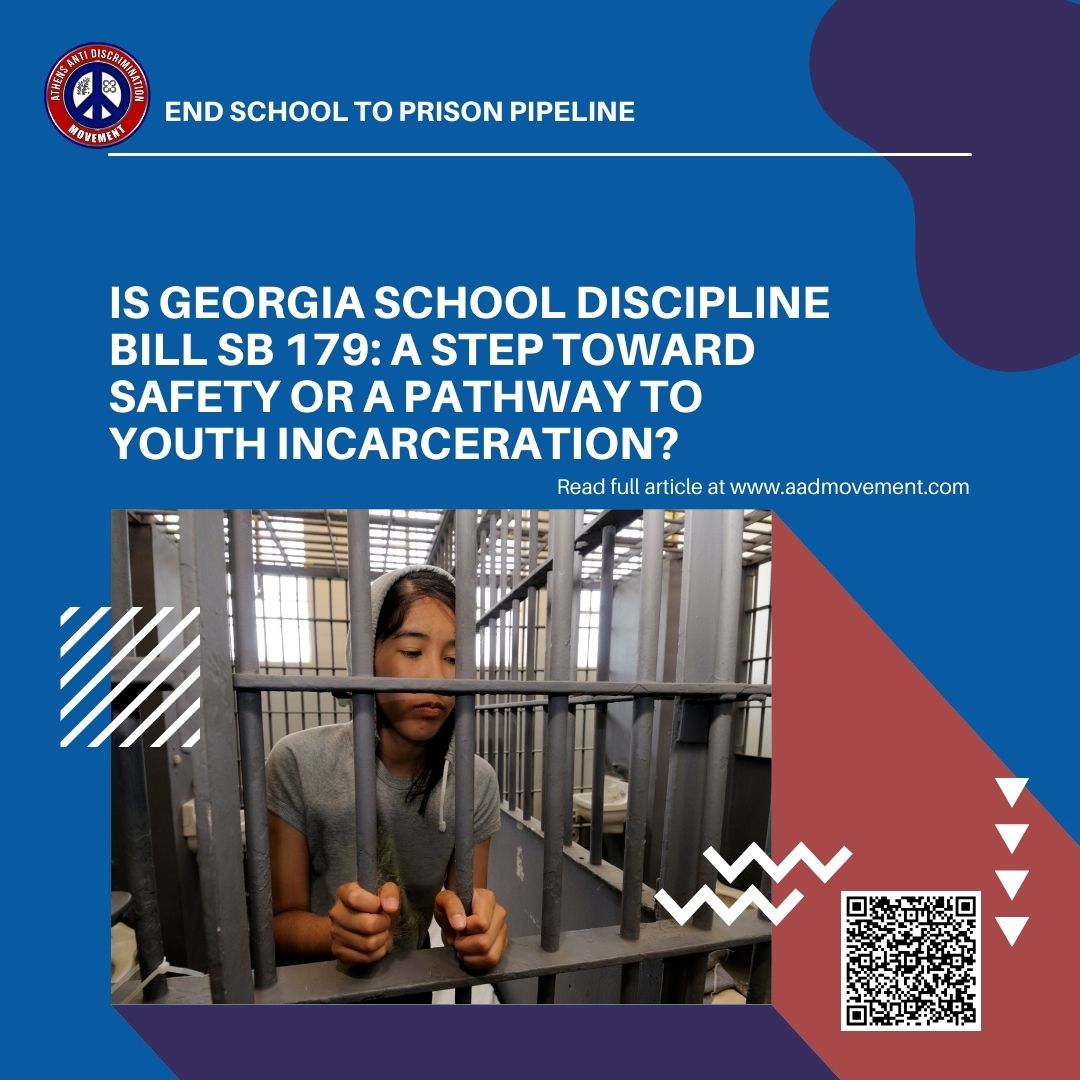The potential dissolution of the Department of Education will not be a tragedy solely for education, but for civil rights, as well.
Alexander Ashcraft -AADM Journalism Team
In 1980, the U.S. Department of Education (ED) was established by Congress, and now, in 2025, President Trump is keen to dismantle the ED. Staff has been halved as layoffs continue despite the labor intensive work in which this department partakes. This work includes providing funding to ensure education equality, improving education through research, and existing as a means of federal oversight. Moreover, constituent offices such as the Office for Civil Rights (OCR) allow the ED to assess for, and protect, civil rights and equal access in federally funded education.
Therefore, eradication of the ED implies the removal of federal oversight regarding education, and downsizing in the ability to protect civil liberties across educational contexts. Oversight of education would be transitioned to the state level, which is President Trump’s intention, as he explains that “…we’re going to move education into the states, instead of bureaucrats working in Washington, so that the states can run education.” In doing so, this would allow “…education [to be] moved back to where the states run education, where the parents of the children will run education, where the governors who are doing a very good job will run education.”
On the face of it, this appears to be a question of improving education quality due to perceived deficits in the current federally-operated model, yet it is likely that dissolving the Department of Education will result in a reduction in education quality. In Georgia alone, 16.1% of public school funding is derived from the federal government, which is a higher share than the U.S. average of 13.7%. Athens-Clarke County receives about 18.2% from federal sources. To dismantle the ED means that schools will not receive close to a quarter of the money they have historically received, which complicates budgets for the future.
This dismantlement of a major federal department cannot be ignored for these reasons. However, this is more than just education; this places civil rights into jeopardy. It is understandable that one would want states, parents, and governors to have a larger stake in education, but one cannot get rid of necessary oversight. President Trump specifies that the “governors who are doing a very good job will run education” – by what metric is a “good job” measured? Would this be according to whether that governor is politically sympathetic to the President, which would not be an ethical metric?
Furthermore, the necessity of oversight has been demonstrated locally in Oconee County with the establishment of a Moms for Liberty chapter headed by Julie Mauck, a parental rights activist who claims that sexualized books should not be available to minors in public libraries. Mauck considers books that merely contain a LGBTQ+ character to be sexualized because, according to Mauck, “LGBTQ+ is not for children…Libraries are for books, not sexually charged clubs for minors or indoctrination”. While this case is in reference to public libraries, Moms for Liberty is also concerned with parental rights in education and “…parental rights at all levels of government”.
Parents have the right to raise their children according to their beliefs, but personal beliefs cannot infiltrate public institutions and dictate how they are operated. Such organizations and activists will only further be emboldened through the loss of the Department of Education, should the President ultimately decide to dissolve it. Coupled with a reduction in federal funding, our education system is facing a major civil rights crisis. It is important now, more than ever before, to write to our legislators and prevent these potential tragedies.




